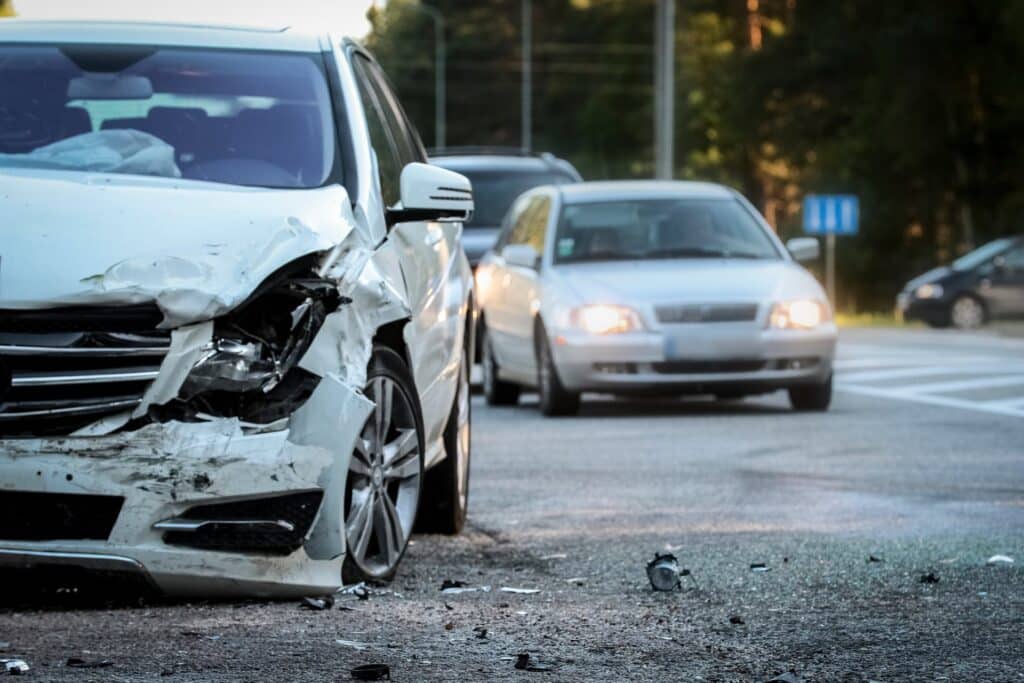The open road, long a symbol of freedom, becomes a slightly different terrain as one ages. With an increasing senior population, Washington, particularly Seattle, has witnessed a huge surge in senior drivers. While it’s essential to respect the rights and autonomy of our elderly citizens, ensuring their safety and the safety of others on the road is important, too. This article sheds light on the current legal landscape regarding elderly driving regulations in Washington. Accident attorneys for seniors, especially those at NBF Accident Law, can be indispensable allies.
The Current Legal Landscape for Senior Drivers
In Washington, the legal framework around senior drivers is designed to strike a balance: it upholds the rights of senior citizens while prioritizing road safety. Contrary to some assumptions, Washington does not impose an age restriction on senior citizen drivers. Instead, the focus is on ensuring that drivers, regardless of age, meet specific health and safety standards.
One of the primary safety mechanisms in place is the license renewal process. All drivers in Washington, when renewing their license in person, are subject to a basic vision test. This test ensures that the individual possesses the necessary visual acuity to operate a motor vehicle safely. The vision test is not age-specific and is a standard procedure for all drivers.
However, certain situations may lead to what’s called a DOL reexamination. This process requires a deeper assessment of a person’s driving skills. It can be triggered by various factors, including concerns about a driver’s physical or mental condition or based on their driving record. The reexamination ensures that the driver can navigate the roads of Washington safely, understanding the potential risks and responsibilities.
Senior Drivers and Safety: Understanding the Numbers
In the vibrant streets of Seattle and throughout Washington, senior drivers are an integral part of the driving population. Given their age-related challenges, understanding the statistics surrounding their driving habits is crucial.
According to the Federal Highway Administration, 29 percent of drivers are considered senior drivers. These are individuals aged 65 and over. Unfortunately, the National Highway and Traffic Safety Administration (NHTSA) noted a concerning trend: senior drivers were involved in 13 percent of fatal accidents in 2020. This figure has surged since their 2011 study.
The sheer number of injuries among this demographic is also noteworthy. In 2020, a staggering 233,235 senior citizens were injured in traffic accidents, as per the NHTSA. This rise is consistent with the growing number of licensed senior drivers. The Centers for Disease Control (CDC) reports that between 2000 and 2020, the number of licensed senior drivers saw an increase of 68 percent, amounting to nearly 48 million drivers.
Age, unfortunately, brings about a higher vulnerability during accidents. The CDC has highlighted that drivers older than 70 experience higher crash death rates per 1,000 crashes compared to middle-aged drivers, specifically those between 35-54. This heightened risk is attributed to their increased vulnerability to injury during a collision.
Moreover, a study by the National Safety Council (NSC) in 2021 pinpointed October as the month with the highest driver deaths. This data becomes even more pertinent when considering the potential adverse conditions like early sunsets and changing weather that October brings.
Factors such as medication side effects, reduced reaction time, and impaired vision can compound the challenges for senior drivers. While they might have several decades of driving experience, cognitive and physical declines can increase accident risks. This naturally raises an imperative question: At what point is it unsafe for seniors to be behind the wheel? Recognizing when that time comes is paramount for the safety of all road users, including pedestrians and bicyclists.
Legal Protections for Senior Drivers
Senior drivers have distinct legal protections. Beyond the regular rights any driver has, senior drivers in Washington can benefit from regulations such as medical clearance requirements. If they can provide medical proof of their ability to drive safely, they can counter any biases or unfair judgments based purely on age. Such provisions ensure that senior drivers are judged not by their age but by their abilities.
Accidents and the Elderly: Consequences and Liabilities
When accidents involve senior drivers, the ensuing legal scenario can become intricate. Elderly accident cases often come with their set of assumptions, prejudices, and nuances. While some may harbor biases against senior drivers or make generalizations about their driving capabilities, it’s important to understand the legal framework surrounding these incidents.
Firstly, just like any other driver, seniors are legally liable for any damages or harm they might cause on the road. Age doesn’t provide immunity from responsibility. This is where the expertise of personal injury lawyers for seniors becomes invaluable. We advocate for the rights of elderly drivers, ensuring that they receive just treatment and appropriate legal redress, no matter the misconceptions or biases they might face.
Family and Liability in Elderly Driving Cases
Elderly accident cases often intertwine with the potential liabilities of family members. The “negligent entrustment” principle suggests that entrusting a vehicle to an impaired driver can lead to legal accountability. This ties into vicarious liability laws, notably the “Family Car Doctrine,” where parents can be liable for their children’s driving errors.
For senior drivers using their own cars, the dynamics change. Relatives aren’t typically liable for accidents. However, if they knew about a senior’s driving impairments and allowed them to borrow the family car anyway, they might face legal repercussions.
The NBF Accident Law Approach
Navigating these complexities requires expertise and understanding. NBF Accident Law stands out in its approach to elderly accident cases. With a keen emphasis on empathy, experience, and dedication, we offer unparalleled legal support to senior citizens. Our in-depth knowledge of senior driving regulations, combined with our commitment to a personal, tailored approach, ensures that seniors and their families feel not only legally protected but emotionally supported, too.
Protect your rights and the rights of your loved ones. If you or a family member is a senior driver in Washington, understand the legal intricacies and ensure your protection. For unmatched expertise and a free consultation, connect with NBF Accident Law at (206) 923-8888.








